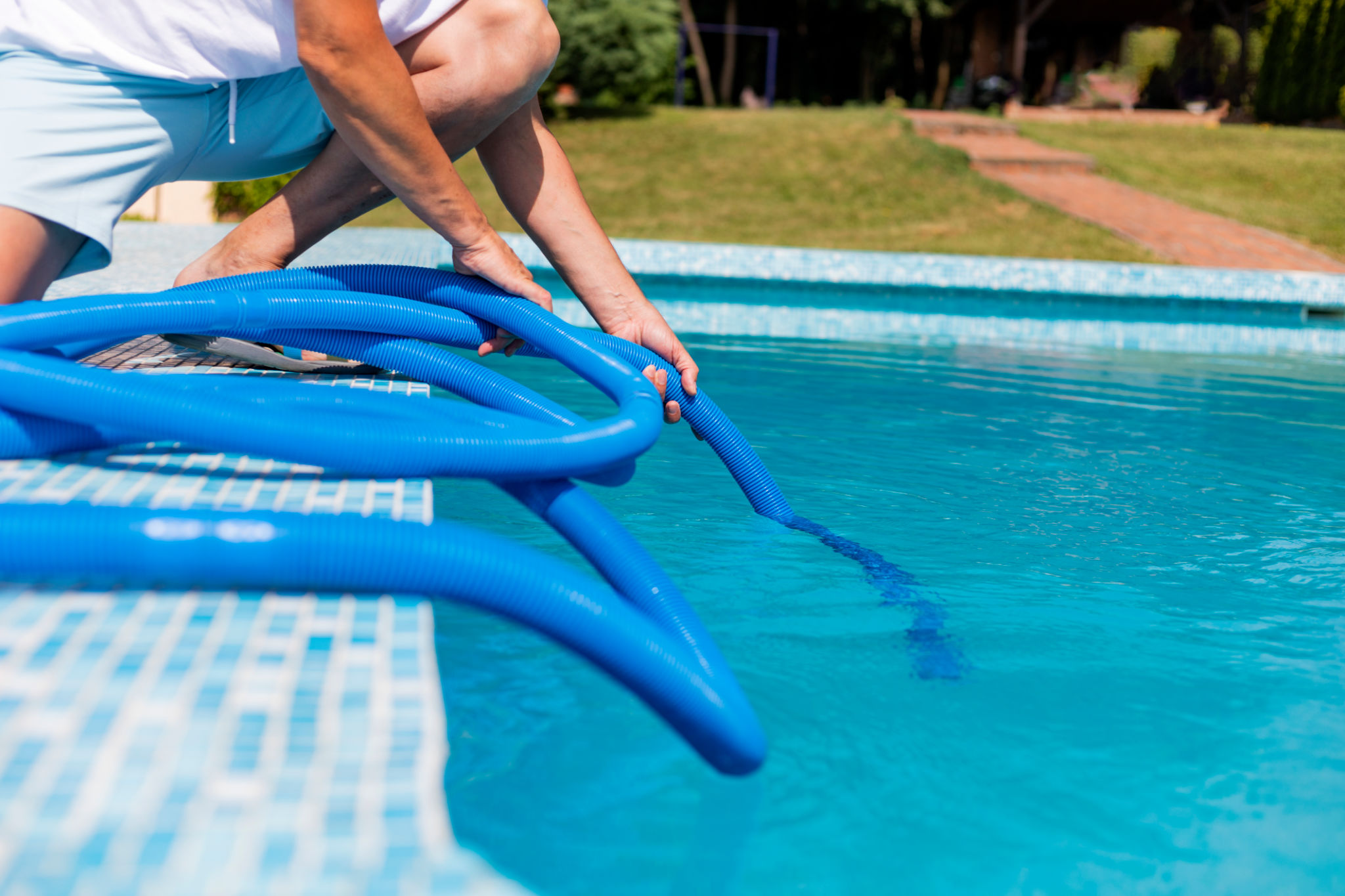Expert Insights: Common Mistakes in Pool Maintenance and How to Avoid Them
Understanding the Importance of Regular Pool Maintenance
Owning a pool is a luxury that comes with its own set of responsibilities. Regular maintenance is crucial to ensure your pool remains a safe and enjoyable place for relaxation and recreation. Yet, many pool owners make common mistakes that can lead to costly repairs or compromise the pool’s longevity.

One of the most significant errors is neglecting a consistent cleaning schedule. Leaves, debris, and insects can quickly accumulate, affecting the water quality and clogging filtration systems. A simple routine of skimming the surface and vacuuming the pool floor can prevent these issues from escalating.
Skimping on Chemical Balancing
Chemical balancing is another area where pool owners often falter. Proper pH levels ensure that the water is safe for swimming and reduce the risk of algae growth. Many people make the mistake of adding chemicals sporadically without regular testing. It's essential to test your pool water at least once a week and adjust the chemicals as needed.

Failing to maintain the correct chemical balance can lead to murky water, irritation to swimmers’ skin and eyes, and even damage to the pool itself. Invest in a reliable water testing kit or consider hiring a professional service to ensure your pool chemistry stays in check.
Ignoring Pool Equipment Maintenance
Another common oversight is neglecting the maintenance of pool equipment such as pumps, filters, and heaters. These components play a vital role in keeping your pool clean and energy-efficient. Regular inspection and cleaning of these devices can prevent breakdowns and prolong their lifespan.
Pool owners should also pay attention to any unusual noises or performance issues, which could be early signs of equipment failure. Addressing these problems promptly can save you from expensive repairs or replacements in the future.

Overlooking Water Levels
Maintaining the correct water level is often underestimated but crucial for proper pool operation. Water levels should be kept at approximately the midpoint of the skimmer opening. If the water level is too low, it can damage the pump. Conversely, too much water can affect the skimming action and chemical balance.
Regularly check your pool’s water level, especially after heavy rainfall or if you notice increased evaporation during hot weather. Adjusting for these changes ensures that your pool remains in optimal condition.
Conclusion: Best Practices for Pool Care
In summary, avoiding common mistakes in pool maintenance involves establishing a consistent cleaning routine, regularly testing and balancing chemicals, maintaining equipment, and monitoring water levels. By staying proactive and attentive to these factors, you can ensure your pool remains a safe, clean, and inviting place for years to come.

